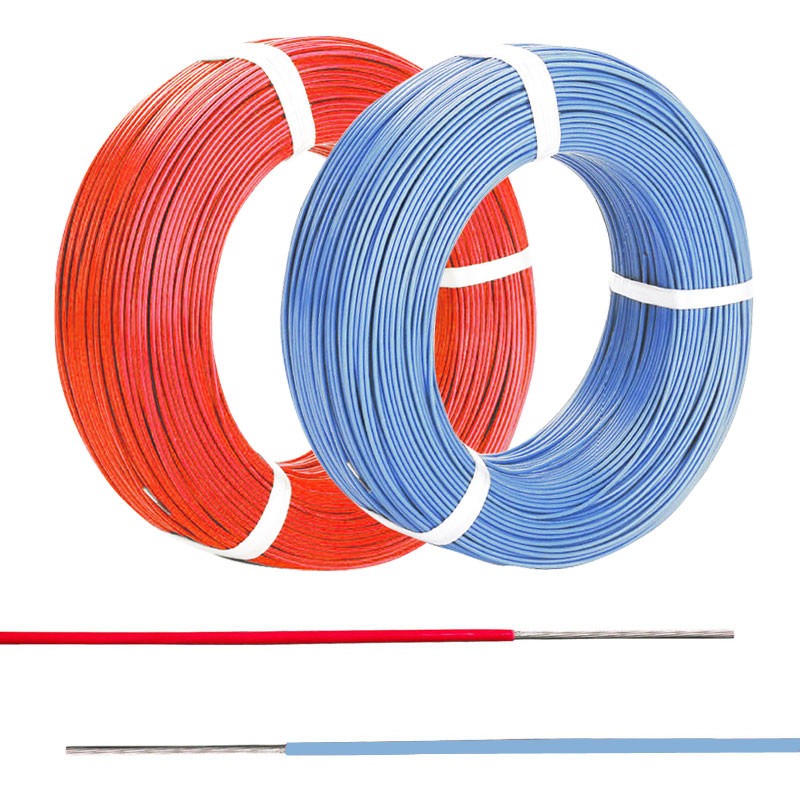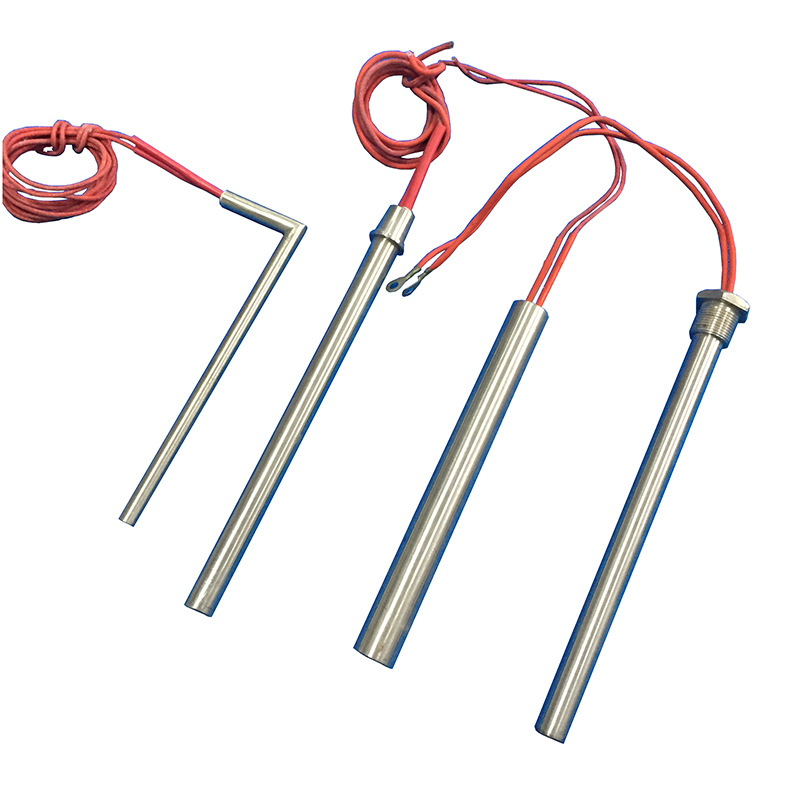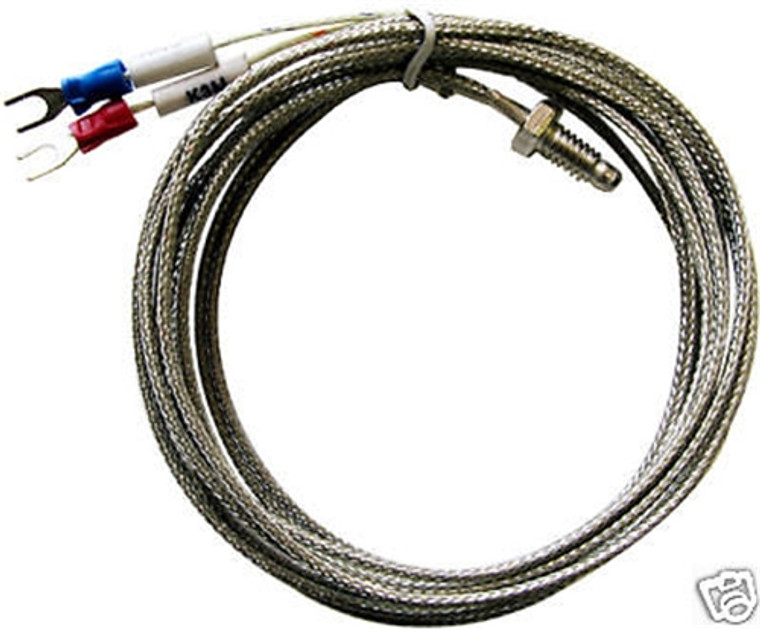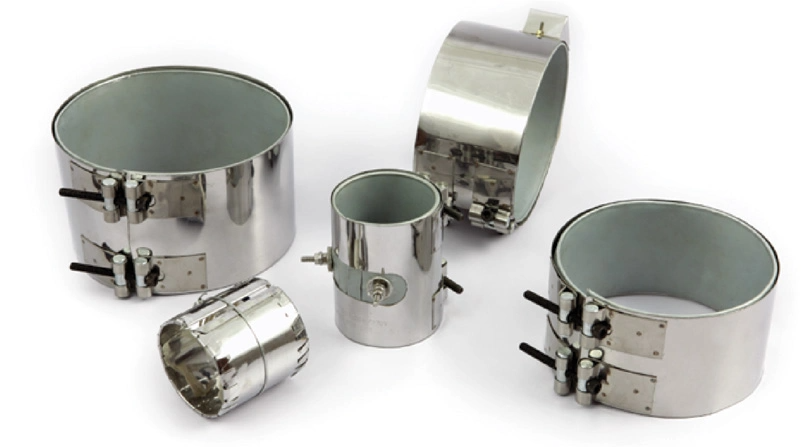A pipeline heater plays a crucial role in industries that require precise temperature control for the transportation of liquids or gases. From preventing material blockages to ensuring efficient flow, these heaters provide unmatched reliability in challenging environments. Their innovative design and advanced features make them a valuable asset across industries such as oil and gas, chemical processing, and food production. Below are the five unique features of a pipeline heater that set it apart.
1. Exceptional Heat Uniformity
Uniform heating is a critical requirement in pipelines, as inconsistent temperatures can lead to blockages and material degradation. Pipeline heaters are designed to deliver consistent heat distribution throughout the pipeline, ensuring smooth operation.
- Even Heat Transfer: The heaters are engineered to avoid hot or cold spots, critical for materials sensitive to temperature changes.
- Custom Heating Elements: Many models include heating elements tailored to the pipeline’s material and fluid type, enhancing overall performance.
- Energy Efficiency: Uniform heating prevents energy waste, reducing operating costs.
Industries like chemical manufacturing benefit greatly from this feature as it prevents chemical reactions caused by temperature inconsistencies.
2. High-Temperature Capability
Pipeline heaters are built to handle extreme temperatures, making them ideal for demanding applications. Many heaters can achieve operating temperatures above 500°F (260°C), essential for high-temperature processes.
- Thermal Stability: They maintain consistent output even during temperature fluctuations.
- Material Compatibility: High-temperature models are compatible with a range of materials, including viscous fluids and heavy oils.
In oil and gas pipelines, this feature ensures smooth transportation of crude oil, which often requires elevated temperatures to flow efficiently.
3. Corrosion Resistance for Longevity
Pipelines often transport substances that are chemically reactive or corrosive. A key feature of modern pipeline heaters is their corrosion-resistant construction, which ensures long-term durability.
- Protective Sheathing: Most heaters use materials like stainless steel or Inconel to resist corrosion.
- Chemical Resistance: Specialized coatings can handle aggressive chemicals and harsh environments.
This durability minimizes maintenance costs and prevents unexpected downtime, especially in industries like pharmaceuticals and water treatment.
4. Built-In Safety Mechanisms
Safety is paramount in industrial applications, and pipeline heaters incorporate robust features to protect equipment and personnel.
- Overheat Protection: Sensors detect abnormal temperatures and shut down the system to prevent damage.
- Explosion-Proof Designs: Heaters in hazardous environments, such as refineries, are engineered to prevent explosions.
- Leak Detection Systems: Advanced models include systems to identify leaks and immediately alert operators.
These safety features make pipeline heaters reliable for high-risk environments, ensuring compliance with industry standards.
5. Customizable Configurations for Versatility
Pipeline heaters can be customized to meet the specific needs of any application. This versatility allows them to perform seamlessly across various industries.
- Size and Wattage Options: They come in a wide range of sizes and power outputs to suit different pipeline lengths and capacities.
- Fluid-Specific Designs: Heaters can be optimized for transporting oils, gases, or chemicals.
- Remote Monitoring: Many models now include IoT-enabled systems for real-time monitoring and control.
For industries like food production, this adaptability ensures precise temperature control, maintaining product quality and safety.
Wrap Up
A pipeline heater ensures operational efficiency and product integrity in industries dependent on fluid transportation. Their ability to deliver consistent heat, withstand harsh conditions, and adapt to various needs makes them a must-have solution. By investing in a high-quality pipeline heater, industries can reduce downtime, lower energy costs, and enhance overall productivity.














